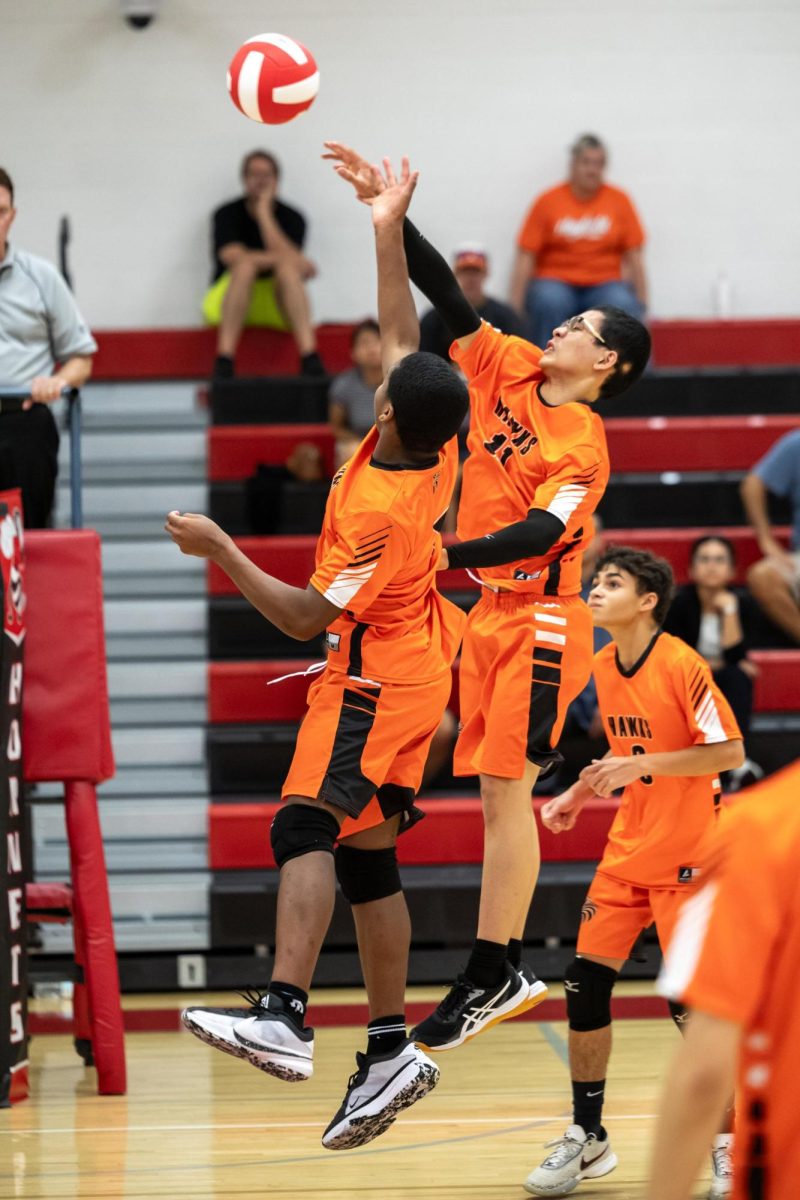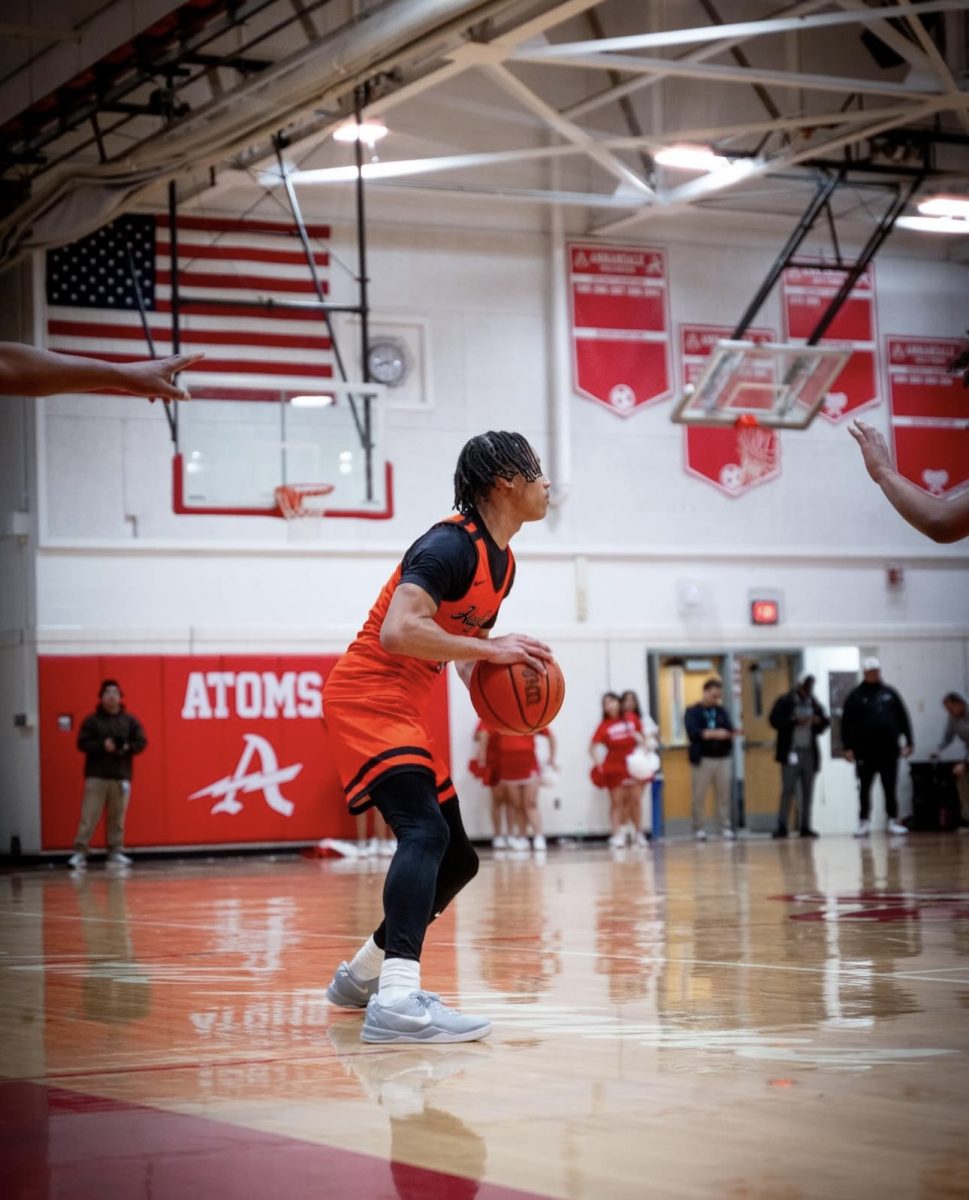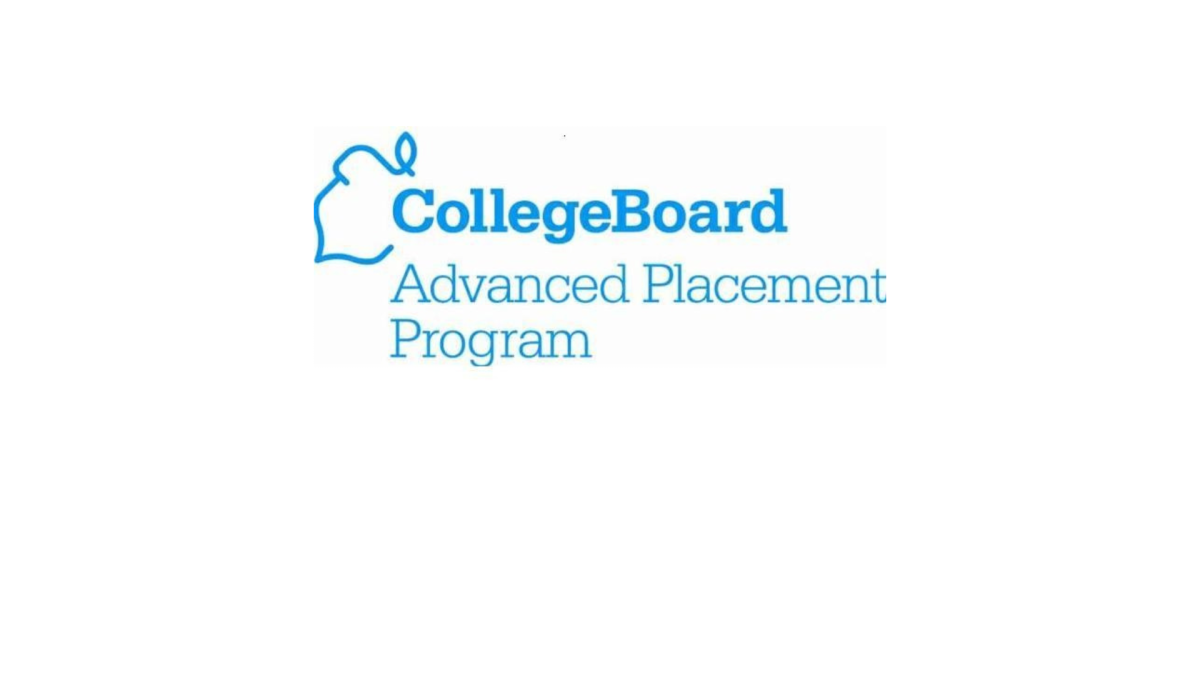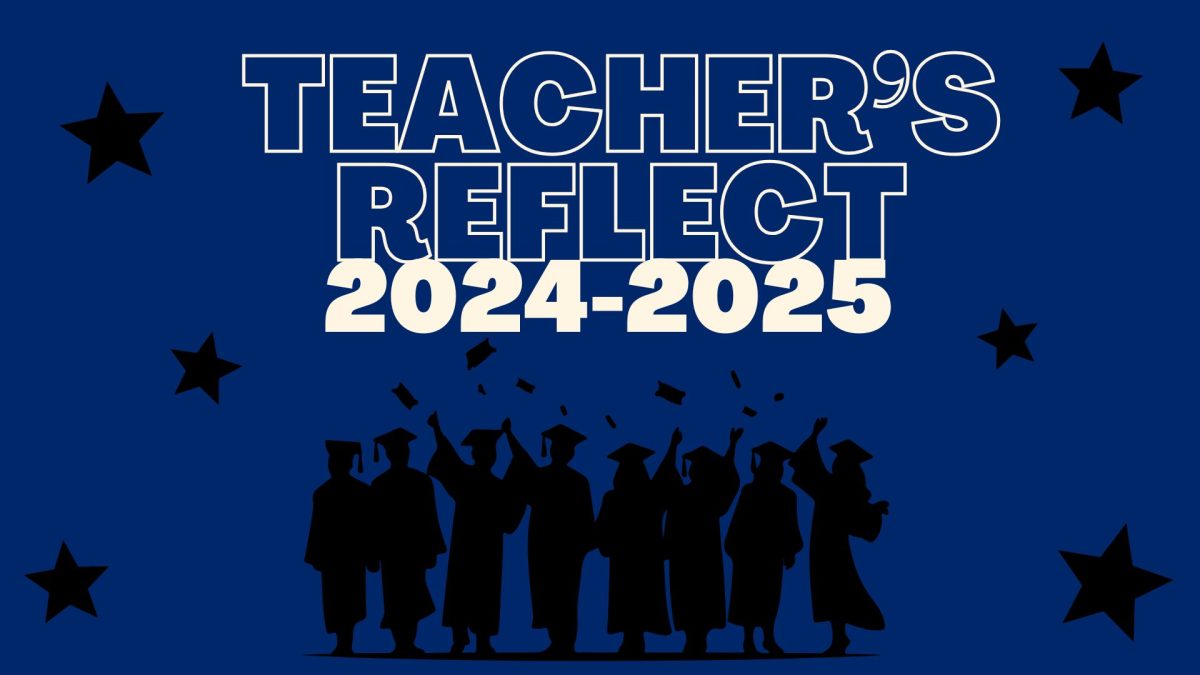When the April-June part of the school year rolls around, many students are already heavily considering their schedules for the next academic year. However, some classes students may want to take can sometimes conflict with others, and some students may choose to take certain classes online during the summer. That raises the question: What classes are best taken as a virtual program over the summer, and what should students really consider before signing up? Hayfield Counselor Michelle Wang shares her thoughts on the top three classes students tend to take online.
Chinese (as well as other non-local language options)
“I have students who enroll in Chinese because it’s not offered here in person at Hayfield,” Wang said. “So, if you’re really interested in specific subjects like Chinese, then we’re happy to enroll you in online Chinese classes.”
Wang explains that, for students interested in languages that are not actually taught on campus, such as Chinese or Korean, online summer classes can be a great opportunity to explore those interests without interfering with the regular school year schedule.
Economics & Personal Finance
“It’s a self-paced online class, and taking it over the summer can help relieve your schedule during the academic school year, especially if you are planning to take more demanding core classes,” Wang said.
Some students also opt to take AP Macroeconomics or AP Microeconomics during the year, both of which fulfill the same graduation requirement. However, these advanced courses are college-level and significantly more academically rigorous, especially compared to taking it over the summer, which some students report can be completed in two short weeks. Wang cautions that while AP courses offer college credits, boost your GPA, and can be an excellent option for those who are truly interested in economics, they may not be a great fit for everyone.
“Unless you’re passionate about the subject, usually, it’s the summer course that’s a far more manageable option,” Wang said.
AP Micro/Macro requires extremely strong reading comprehension and organizational skills, which can be harder to keep up with.
Online PE
Let’s face it, not everyone is super ecstatic about spending a full year doing jogs and fitness logs. Whether it’s because they feel excluded from team activities, growing tired from repetition, or simply just not being passionate about physical activity, it’s not uncommon for students to want to complete the requirement as quickly and quietly as possible. Wang notes that many students opt to take PE online during the summer, simply just because they want to get it out of the way.
“Some kids like to take PE over the summer, just to get it over with and make room for other electives during the year.”
Summer PE classes are often asynchronous or hybrid classes, which allows students to work at their own schedule, making it a popular choice because there isn’t too much content to learn in physical education. Furthermore, asynchronous can be fairly easy to manage with work with summer jobs, family matters, or travel plans.
What should you consider before enrollment?
While online classes can offer you flexibility, they’re not exactly for everyone. Wang provides further context.
“We don’t usually promote online classes for core subjects unless there’s a schedule conflict. It really depends on the student’s level of self organization and monitoring,” Wang said.
Without teacher interactions on a daily basis, it can be easy to fall behind, especially for students who are prone to struggling with motivation or time management.
All in all, summer classes can be a smart way to make room for other priorities or dive into subjects that are not offered at school. If you’re confident in your ability to independently stay on track and want to get ahead, taking a class online this summer could be a great move!





























